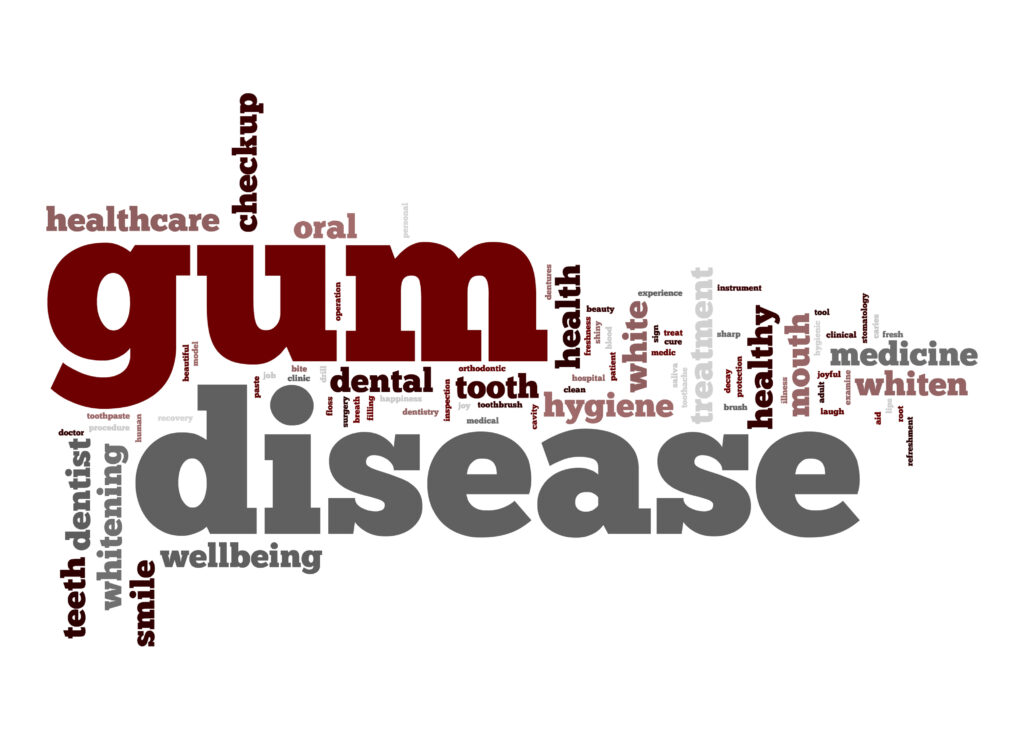
A healthy smile goes beyond sparkling teeth; it encompasses the well-being of your gums. Gum disease, or periodontal disease, is a common yet often underestimated condition that can lead to serious oral and overall health issues if left unchecked. In this FAQ-style blog, Dr. Browne and his team in Prairie Village, KS, explore the fundamentals of gum disease, why it is crucial to address, and the various treatment options available. Understanding the signs, causes, and preventive measures is key to maintaining a vibrant smile and promoting lasting oral health. Let’s delve into the essential questions surrounding gum disease to empower you with the knowledge needed for a confident and healthy smile.
Q: What Is It and Why Is It A Concern?
Periodontal disease is a condition characterized by inflammation of the gums and, in advanced stages, damage to the supporting structures of the teeth. It is a common and serious oral health issue. If left untreated, it can lead to tooth loss and even impact overall health, as it has been linked to conditions such as heart disease and diabetes.
Q: What Causes It?
Gum disease typically starts with the accumulation of plaque—a sticky film of bacteria—on teeth. Poor oral hygiene, smoking, hormonal changes, certain illnesses, and genetic predisposition can increase the risk of developing gum disease. Plaque hardens into tartar, further irritating the gums and causing inflammation. Over time, this inflammation can progress to more severe stages of the condition.
Q: What Are The Signs/Symptoms?
Early stages of the disease, known as gingivitis, may manifest with symptoms such as red, swollen gums, and bleeding during brushing or flossing. As the disease advances, symptoms can include persistent bad breath, receding gums, loose teeth, and changes in the bite. Regular dental checkups are crucial for detecting gum disease in its early stages when it is more easily treatable.
Q: How Is It Treated?
The treatment varies based on the severity of the condition. In the early stages (gingivitis), improvements in oral hygiene practices, professional dental cleanings, and regular checkups may be sufficient. For moderate to severe cases, more intensive treatments may be required. Scaling and root planing is a deep cleaning procedure that removes plaque and tartar from below the gumline and smoothens the tooth roots to prevent bacteria accumulation. Ultrasonic scaling is a technological advancement for this treatment.
Q: Can It Be Prevented?
Yes, it can often be prevented with good oral hygiene practices. Regular brushing, flossing, and using an antimicrobial mouthwash help remove plaque and reduce the risk of the disease. Regular dental checkups are essential for early detection and intervention. Lifestyle factors such as avoiding tobacco, maintaining a healthy diet, and managing conditions that increase the risk of gum disease also play a role in prevention.
Do You Have Any Symptoms?
Early treatment is important for gum disease; if you have symptoms, contact our Prairie Village, KS practice at (913) 901-8585.

